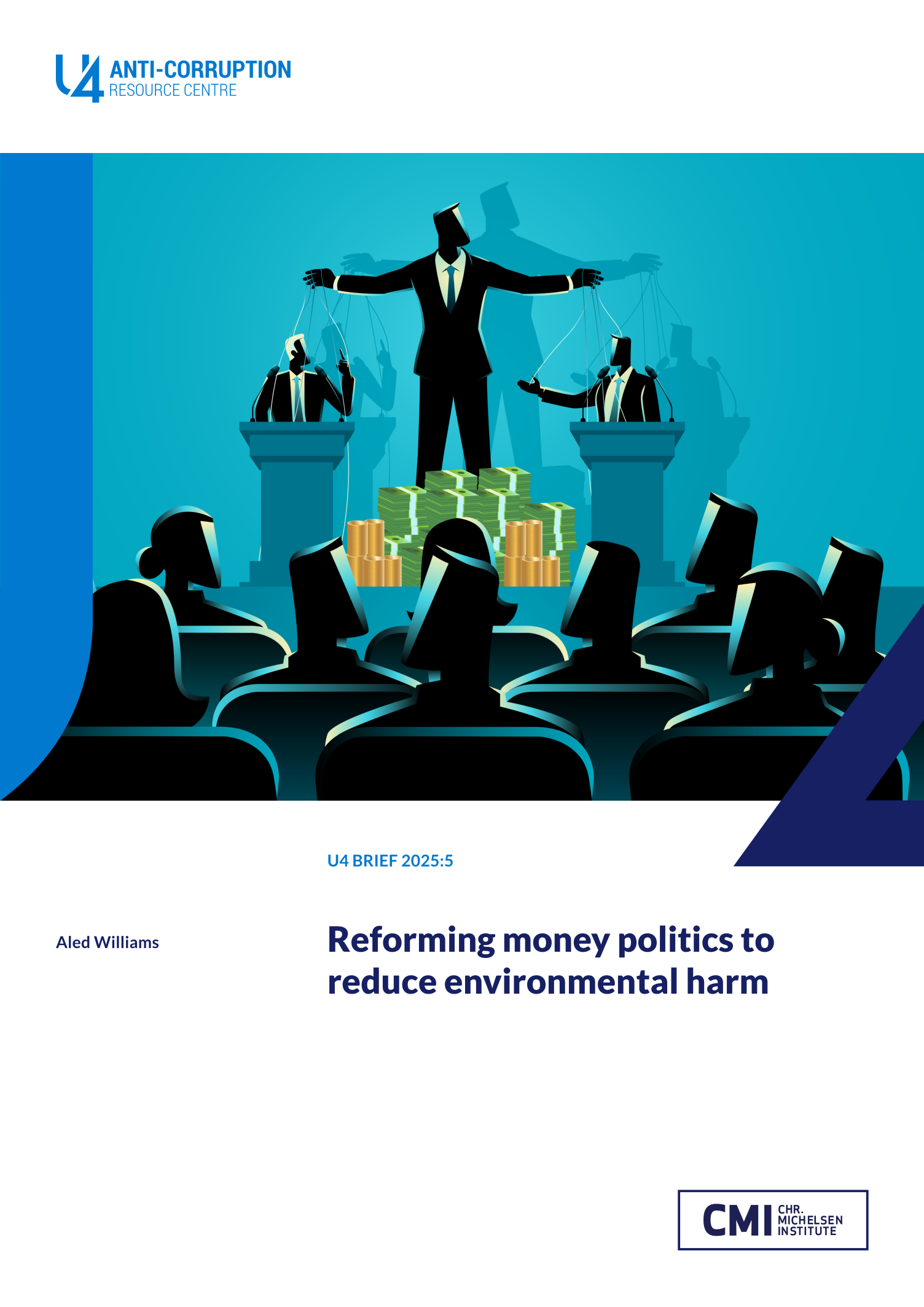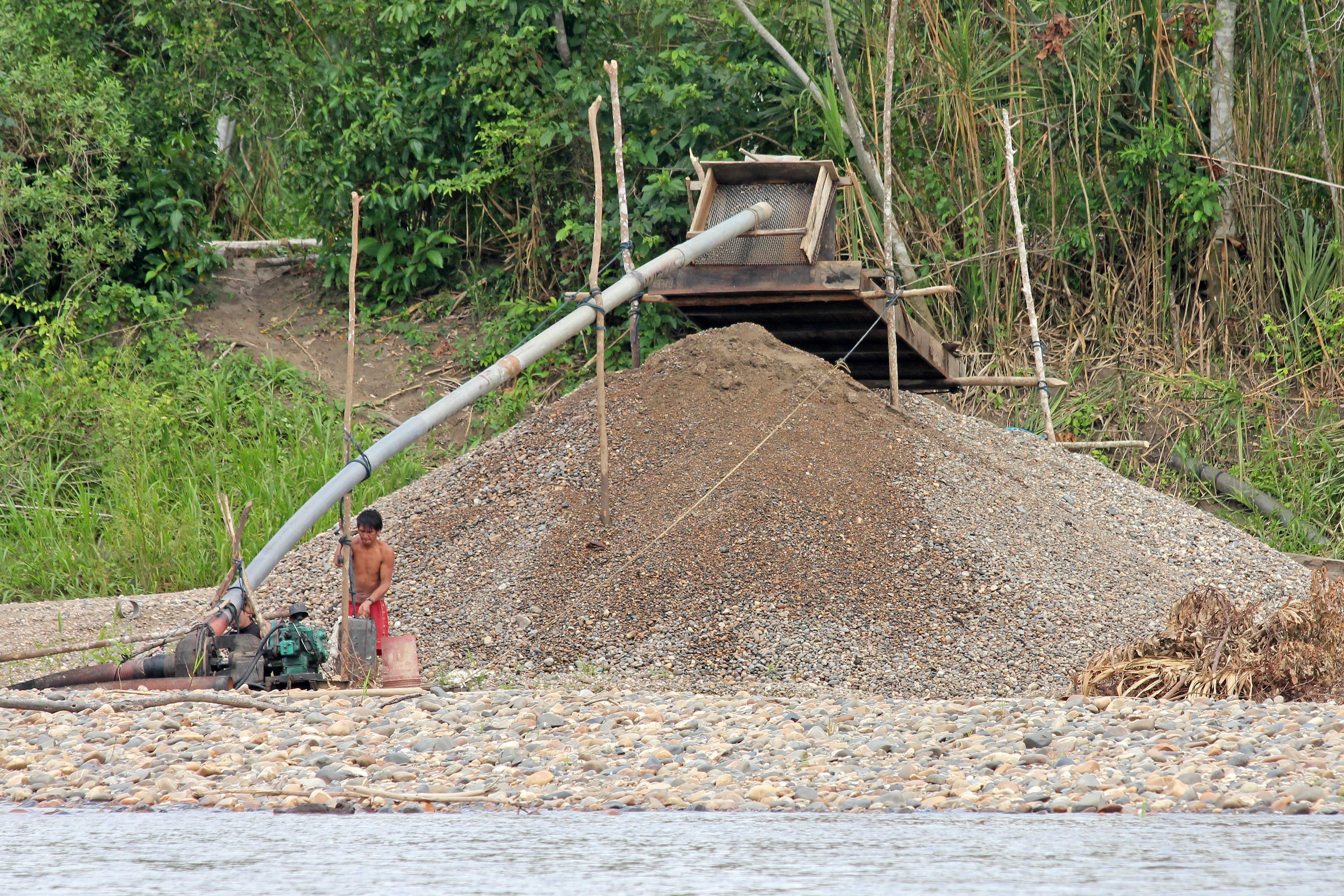Main points
- Poorly regulated political finance and lobbying enable polluting industries to shape laws and enforcement. This influence undermines climate policies, weakens environmental standards, and entrenches harmful practices that accelerate ecological degradation.
- Research is concentrated in North America and Europe, but evidence from Brazil, Indonesia, and Peru shows how campaign finance and lobbying drive deforestation, environmental crimes, and pollution, pointing to a global problem requiring broader study.
- Lobbying by fossil fuel, mining, and chemical sectors typically seeks to dilute or delay environmental regulation. Exceptions exist, where firms support stronger controls.
- Policy and practice initiatives remain fragmented. Civil society monitoring, advocacy, and awareness-raising efforts are growing, but coordinated action is needed to link political finance reform to environmental governance and anti-corruption agendas.
- Opportunities include expanding research, creating practitioner guidance, and building dedicated reform coalitions. Incentivising political parties and candidates to embrace transparent financing could strengthen democracy while reducing corruption-driven environmental harm.


